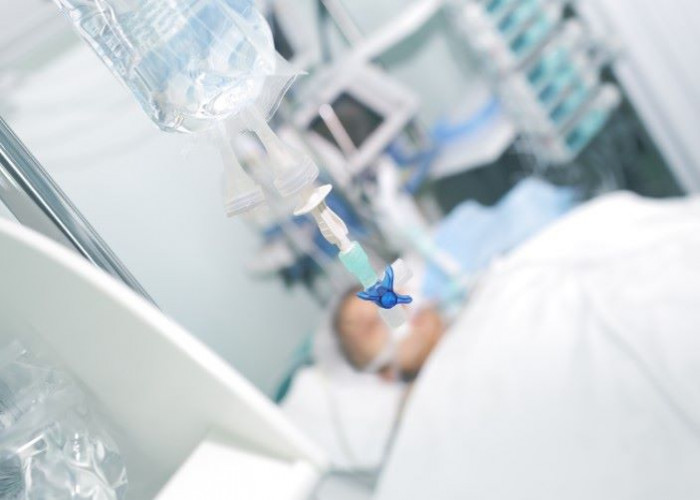 Welcome
Welcome
“May all be happy, may all be healed, may all be at peace and may no one ever suffer."
Diabetic coma
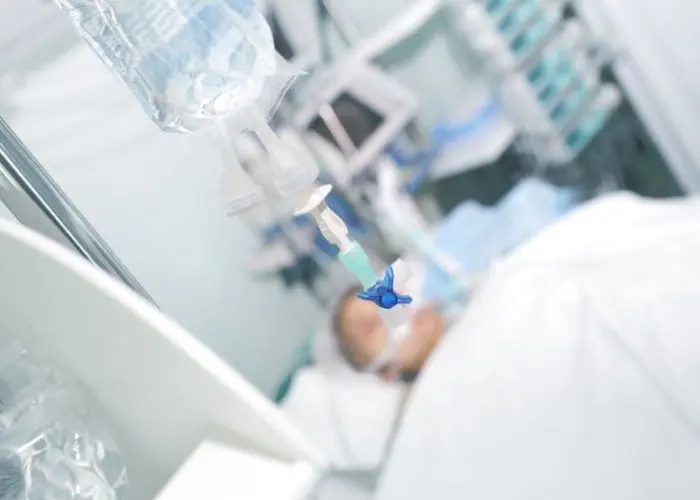
A diabetic coma is a life-threatening emergency that can occur in people with diabetes when their blood sugar levels become too high or too low. It is a serious complication of diabetes that can result in permanent brain damage or even death if not treated promptly.
A diabetic coma can occur for a number of reasons, including:
- High blood sugar levels (hyperglycemia): If the body does not have enough insulin to process the glucose in the bloodstream, the cells become starved of energy and begin to break down fats for fuel, leading to the production of toxic acids called ketones.
- Low blood sugar levels (hypoglycemia): If a person with diabetes takes too much insulin or skips a meal, their blood sugar levels can drop dangerously low, leading to confusion, dizziness, and loss of consciousness.
- Other medical conditions: Diabetic coma can also occur as a result of other medical conditions, such as an infection, heart attack, or stroke.
Symptoms of diabetic coma may include confusion, drowsiness, slurred speech, rapid heartbeat, rapid breathing, fruity breath odor, or loss of consciousness. If you or someone you know is experiencing these symptoms, it is important to seek immediate medical attention.
Treatment for diabetic coma typically involves administering glucose to raise low blood sugar levels or insulin to lower high blood sugar levels. In severe cases, hospitalization may be required for close monitoring and management of blood sugar levels.
Preventing diabetic coma involves maintaining proper blood sugar control through regular monitoring of blood sugar levels, taking medications as prescribed, and following a healthy diet and exercise plan. It is also important to stay alert to the symptoms of high or low blood sugar levels and take action to correct them as soon as possible.
In conclusion, diabetic coma is a serious complication of diabetes that can result in permanent brain damage or even death if not treated promptly. If you or someone you know is experiencing symptoms of diabetic coma, seek immediate medical attention. By maintaining proper blood sugar control and staying vigilant for symptoms of high or low blood sugar levels, you can help prevent diabetic coma and other serious complications of diabetes.
Research Papers
Disease Signs and Symptoms
- Excessive thirst
- Difficulty speaking
- Dizziness (vertigo)
- Extreme hunger
- Excessive sweat
- Weakness
- Anxiety
- Diabetes
- Rapid heartbeat (tachycardia)
- Dry mouth
- Fruity breath odor
- Burning stomach pain
- Shortness of breath (dyspnea)
- Nausea or vomiting
- Fatigue (Tiredness)
- Frequent urination
- Confusion (Hallucinations)
Disease Causes
Diabetic coma
Blood sugar that's either too high or too low for too long may cause various serious conditions, all of which can lead to a diabetic coma.
- Diabetic ketoacidosis. If your muscle cells become starved for energy, your body may respond by breaking down fat stores. This process forms toxic acids known as ketones. If you have ketones (measured in blood or urine) and high blood sugar, the condition is called diabetic ketoacidosis. Left untreated, it can lead to a diabetic coma.
- Diabetic ketoacidosis is most common in type 1 diabetes but sometimes occurs in type 2 diabetes or gestational diabetes.
- Diabetic hyperosmolar syndrome. If your blood sugar level tops 600 milligrams per deciliter (mg/dL), or 33.3 millimoles per liter (mmol/L), the condition is called diabetic hyperosmolar syndrome.
- Severely high blood sugar turns your blood thick and syrupy. The excess sugar passes from your blood into your urine, which triggers a filtering process that draws tremendous amounts of fluid from your body. Left untreated, this can lead to life-threatening dehydration and a diabetic coma. About 25 to 50 percent of people with diabetic hyperosmolar syndrome develop a coma.
- Hypoglycemia. Your brain needs glucose to function. In severe cases, low blood sugar may cause you to pass out. Hypoglycemia can be caused by too much insulin or not enough food. Exercising too vigorously or drinking too much alcohol can have the same effect.
Disease Prevents
Diabetic coma
Good day-to-day control of your diabetes can help you prevent a diabetic coma. Keep these tips in mind:
- Follow your meal plan. Consistent snacks and meals can help you control your blood sugar level.
- Keep an eye on your blood sugar level. Frequent blood sugar tests can tell you whether you're keeping your blood sugar level in your target range — and alert you to dangerous highs or lows. Check more frequently if you've exercised because exercise can cause blood sugar levels to drop, even hours later, especially if you don't exercise regularly.
- Take your medication as directed. If you have frequent episodes of high or low blood sugar, let your doctor know. He or she may need to adjust the dose or the timing of your medication.
- Have a sick-day plan. Illness can cause an unexpected change in blood sugar. If you are sick and unable to eat, your blood sugar may drop. Before you get sick, talk with your doctor about how to best manage your blood sugar levels. Consider storing at least three days' worth of diabetes supplies and an extra glucagon kit in case of emergencies.
- Check for ketones when your blood sugar is high. Check your urine for ketones when your blood sugar level is over 250 mg/dL (14 mmol/L) on more than two consecutive tests, especially if you are sick. If you have a large amount of ketones, call your doctor for advice. Call your doctor immediately if you have any level of ketones and are vomiting. High levels of ketones can lead to diabetic ketoacidosis, which can lead to coma.
- Have glucagon and fast-acting sources of sugar available. If you take insulin for your diabetes, make sure you have an up-to-date glucagon kit and fast-acting sources of sugar, such as glucose tablets or orange juice, readily available to treat low blood sugar levels.
- Consider a continuous glucose monitor (CGM), especially if you have trouble maintaining stable blood sugar levels or you don't feel symptoms of low blood sugar (hypoglycemia unawareness).
- CGMs are devices that use a small sensor inserted underneath the skin to track trends in your blood sugar levels and transmit the information to a wireless device.
- These devices can alert you when your blood sugar is dangerously low or if it is dropping too fast. However, you still need to test your blood sugar levels using a blood glucose meter even if you're using a CGM. CGMs are more expensive than conventional glucose monitoring methods, but they may help you control your glucose better.
- Drink alcohol with caution. Because alcohol can have an unpredictable effect on your blood sugar, be sure to have a snack or a meal when you drink, if you choose to drink at all.
- Educate your loved ones, friends and co-workers. Teach loved ones and other close contacts how to recognize the early signs and symptoms of blood sugar extremes and how to give emergency injections. If you pass out, someone should be able to call for emergency help.
- Wear a medical ID bracelet or necklace. If you're unconscious, the ID can provide valuable information to your friends, co-workers and others — including emergency personnel.
Disease Treatments
Diabetic coma requires emergency medical treatment. The type of treatment depends on whether your blood sugar level is too high or too low.
High blood sugar
If your blood sugar level is too high, you may need:
- Intravenous fluids to restore water to your tissues
- Potassium, sodium or phosphate supplements to help your cells function correctly
- Insulin to help your tissues absorb the glucose in your blood
- Treatment for any underlying infections
Low blood sugar
If your blood sugar level is too low, you may be given a glucagon injection, which will cause your blood sugar level to quickly rise. Intravenous dextrose also may be given to raise blood glucose levels.
Disease Diagnoses
Disease Allopathic Generics
Disease Ayurvedic Generics
Disease Homeopathic Generics
Disease yoga
Diabetic coma and Learn More about Diseases

Gender dysphoria
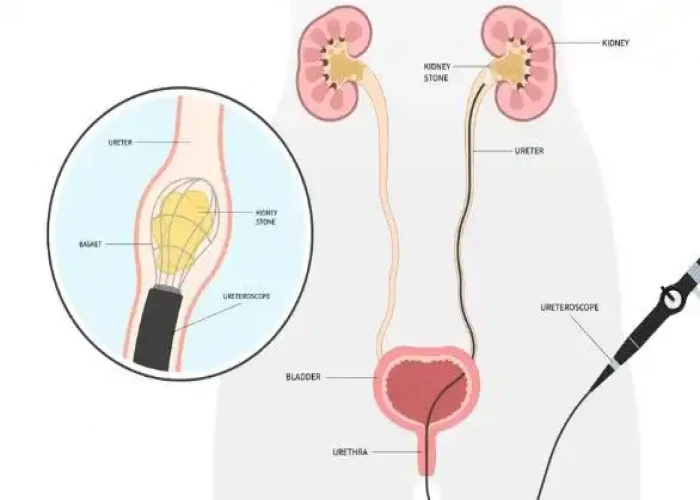
Ureteral obstruction

Rheumatoid arthritis

Tension headache
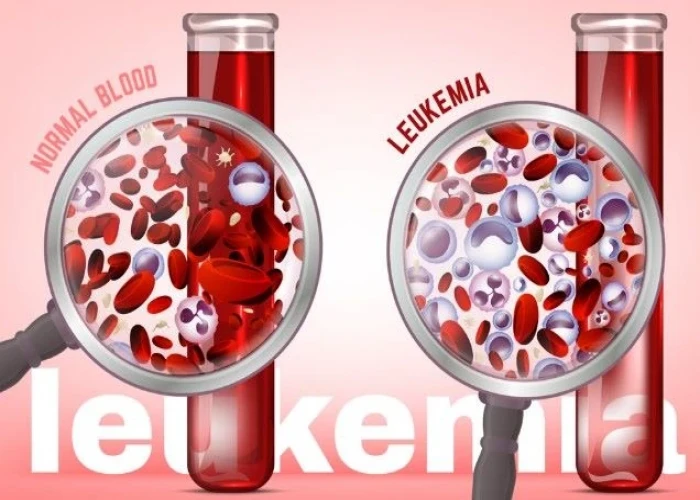
Leukemia
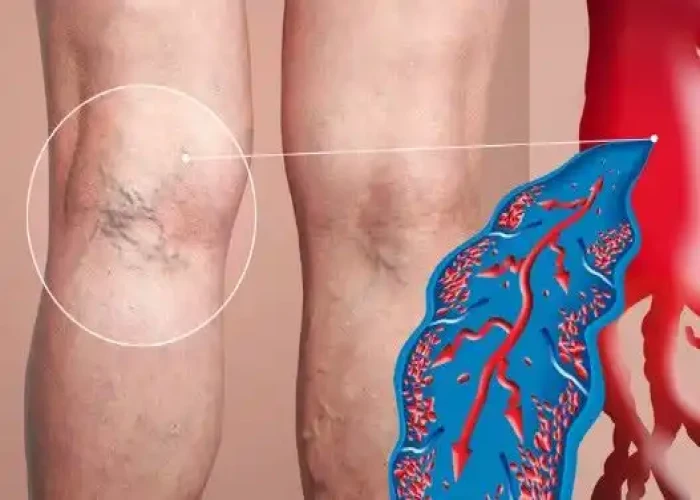
Varicose veins
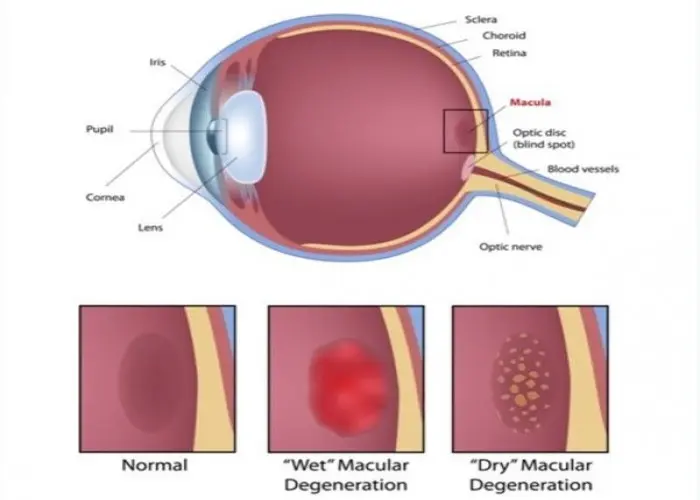
Dry macular degeneration

Croup
diabetic coma, ডায়াবেটিক কোমা
To be happy, beautiful, healthy, wealthy, hale and long-lived stay with DM3S.
